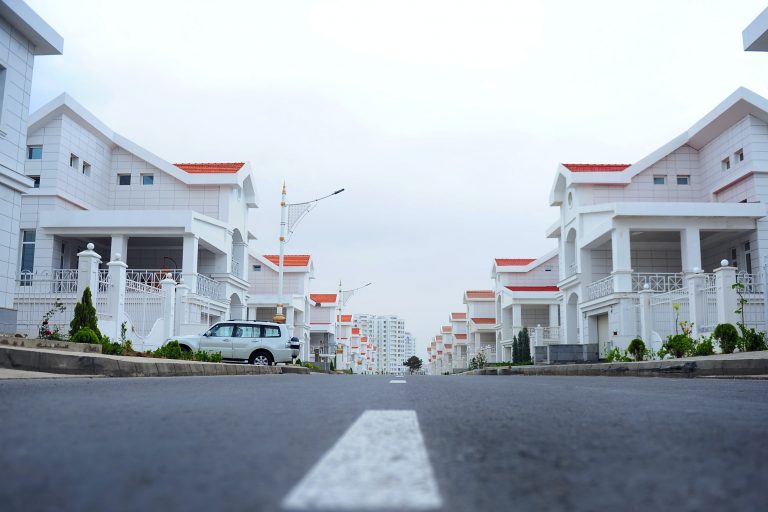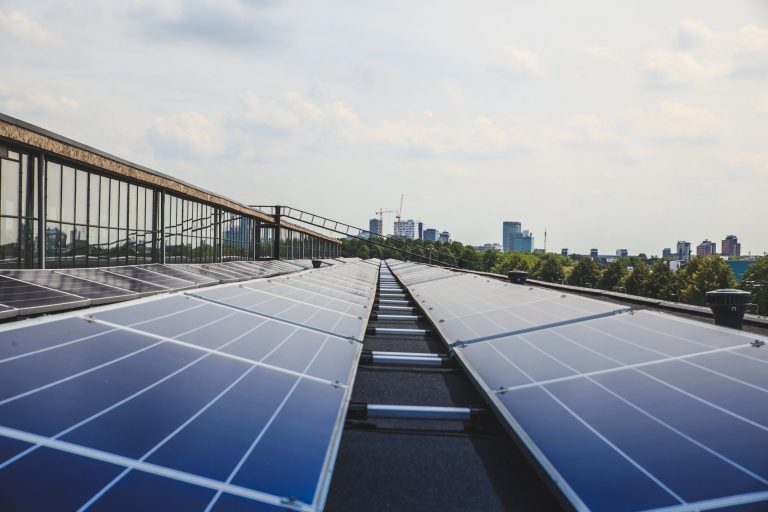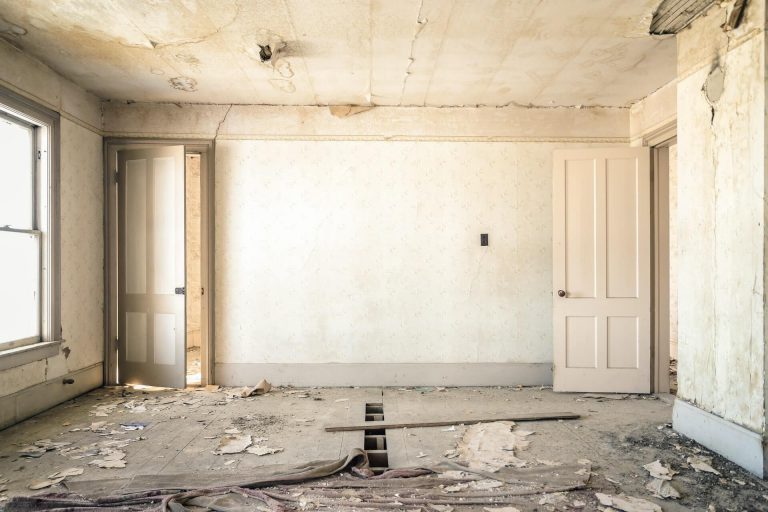Sustainability certificates have been implemented since the 1990s and in Spain since the 2000s. Currently, sustainability in processes, products and housing is booming and seems to be a trend that is here to stay.
These certifications are granted by third parties and are very interesting for new buildings to be built. They provide added value to the home, a differentiating element in the project and are better positioned in the market. On the other hand, homes that comply with these standards are highly efficient, so that energy consumption and the use of renewable energies and water savings have a direct impact on the costs generated by the home.
Houses with these certifications reduce Co2 emissions and are more environmentally friendly due to the materials used in the construction process.
At national level there is the VERDE certification, based on the Technical Building Code. Internationally, the most important certificates are LEED and BREEAM. Each one evaluates different aspects related to efficiency and sustainability and depending on the characteristics of the project it will be interesting to opt for one certificate or another.
WAISENSE is a domestic hot water saving technology for homes. When we include WAISENSE in projects, it scores points towards these three sustainability certificates.
The impact of WAISENSE on water consumption is direct, it can save up to 25 litres per use. Its function is to avoid wasting water when using hot water, so the water savings that can be generated is up to 800 litres per person per month.





